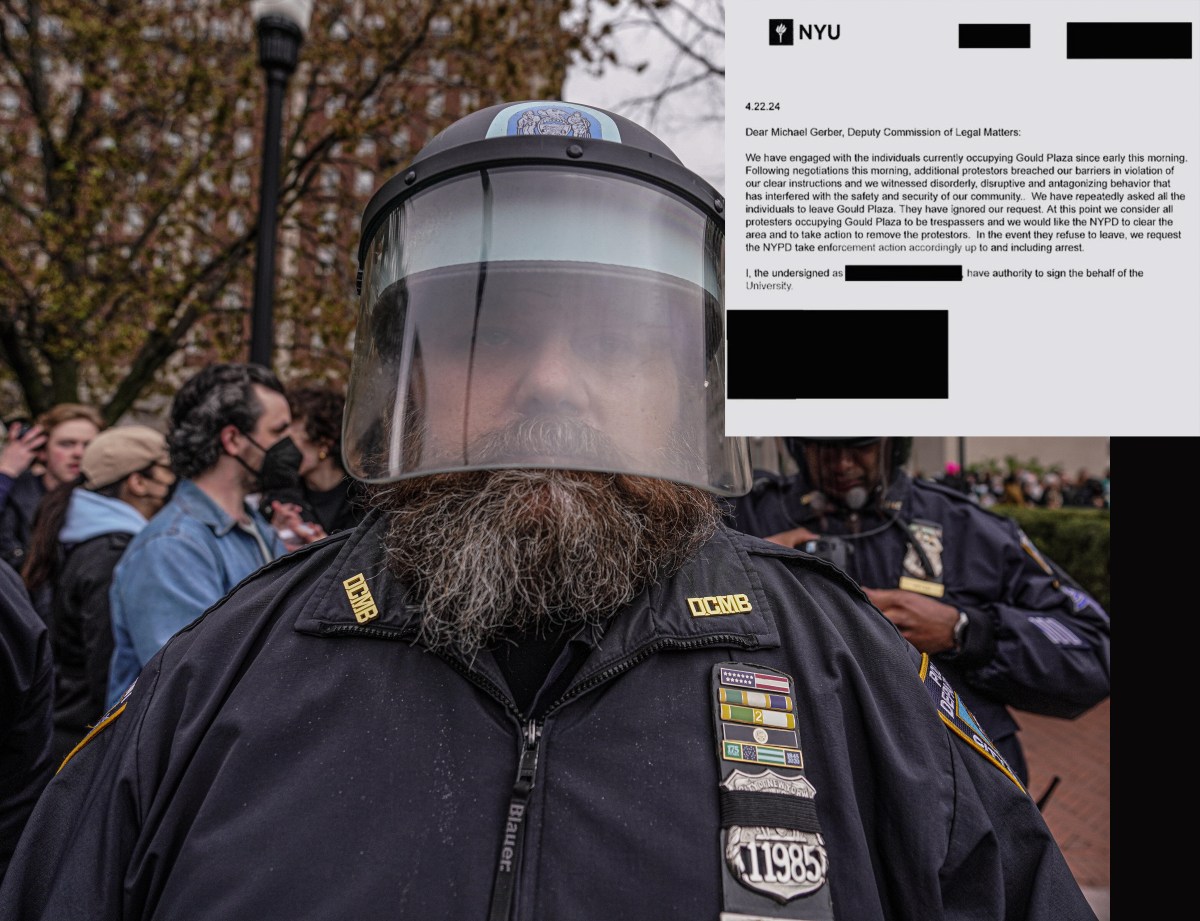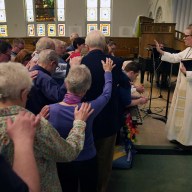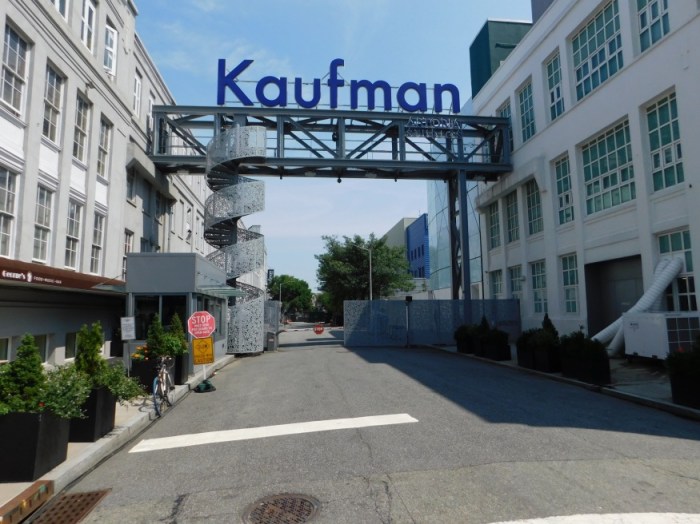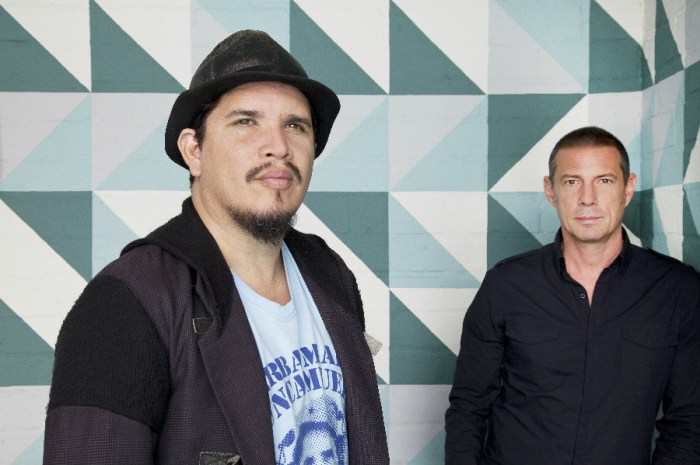It’s not a new story, finding home and a sense of belonging in the hot and hectic kitchen of a bustling restaurant.
The high-pressure, high-passion industry has brought countless young people steady paychecks and a chance to build skills and put them to work.
But the way Toni Elka sees it, for too long around here, the recipe for success in a kitchen has run through pricey cooking schools. So, for the past eight years, Elka has been changing the menu when it comes to career readiness. “You don’t need to spend $100,000 to learn how to cook in a restaurant. It’s ridiculous,” she said.
After working in food and pivoting to a career in nonprofits, Elka founded Future Chefs in 2008 with the goal of giving Boston youth opportunities through the universal language of good eats.
RELATED: An afternoon with the Roxbury Youth Orchestra
“Working in kitchens can be a real crucible for transferrable skills, like showing up and being part of a team and working with a sense of urgency,” she said. “All the stuff you and I need to have for our professional jobs.” It’s been a big year for the program. It recently wrapped up the first round of a six-month paid apprenticeship program that matches aspiring young cooks with seven of the city’s top restaurants, who train the young cooks for free. The students get paid to learn, and four of them now work at those restaurants full time. Another round is underway. It’s also working through a freshly baked program called Future Chefs Delivers, which has students prepare and transport food bound for homeless and women’s shelters and nonprofits like the Boys and Girls Club. Most of the students come from low-income or immigrant families, and many would be the first in their family to go to college if they enrolled. All love food, she said, and just need to put that passion to work. Many of the 130 students Future Chefs work with – at its Albany Street test kitchen and in partner high schools in Boston, Everett, Somerville and Quincy – will decide a culinary education is right for them. But others, Elka said, will have the skills they need to work their way up from the bottom at a Boston eatery, or even take their training with them to other fields or to college. RELATED: Teens march through Boston for jobs
Step one is confidence, she said, and taking pride in what they do – whether that’s standing in front of a gas range or working in an office.
“Nothing is a bigger bummer for a chef than someone who doesn’t care,” she said. “Public education can beat the caring out of a kid.”
On Monday, a group of nine students on a Future Chefs field trip huddled in the basement prep area of SRV, an Italian restaurant in the South End, to watch celebrated chef Kevin O’Donnell whip up handmade pasta – going over the myriad consistencies of flour varieties, the costs and benefits of sourcing and milling wheat berries yourself. Lots of aspiring cooks practice making fettuccine at home; few get to do it with a master of the craft. Subei Colon, a 21-year-old mom from Dorchester, was one of them. Wearing a white coat, she pinched the flour in her fingers, feeling its texture.
RELATED: Want a scoop – of pizza?
After deciding college wasn’t working for her, she said, she signed up for Future Chefs via the program Action for Boston Community Development. Colon isn’t sure whether she wants to work in a kitchen, or whether an apprenticeship is in her future – the irregular schedule is hard to manage with a baby at home. But it feels good to be part of the FC community, she said. And it’s empowering to have options, and to know there are people with resources who care about what her next step will be. She likes making meals for people in need via the Delivers program, she said. And she especially enjoys “family meals” – those calm moments when the cooking is done, the Future Chefs students get to eat the dishes they made, and they talk about the future. “After we did all we had to do for everybody else,” Colon said, “we work on us.”


















